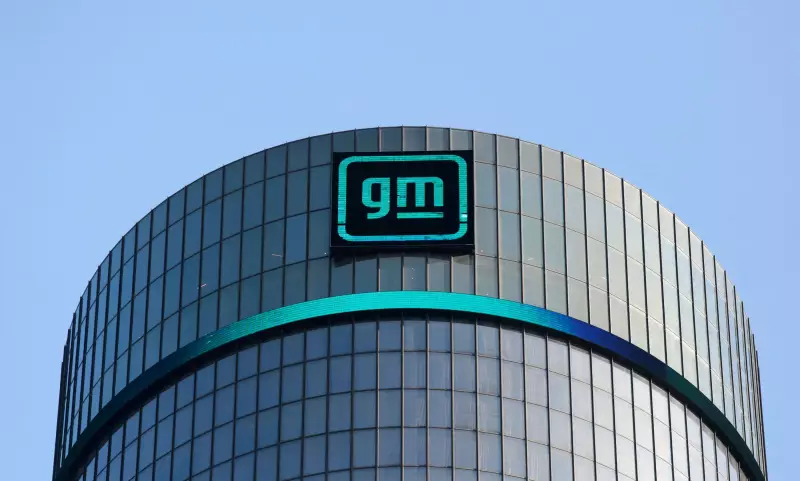
In a significant blow to Michigan's electric vehicle ambitions, General Motors has announced sweeping job cuts at its Detroit-area battery plant, eliminating approximately 1,200 positions in a move that signals shifting dynamics in the EV market.
The automotive giant confirmed it will dramatically scale back production at its Orion Assembly facility, which manufactures batteries for electric vehicles through the Ultium Cells joint venture with LG Energy Solution. The decision comes as consumer demand for electric vehicles fails to meet earlier projections.
Workforce Impact and Timeline
The job reductions will unfold in phases, with the first wave affecting 940 workers beginning in mid-April. Most positions facing elimination are temporary roles filled by subcontractors, though some permanent GM employees will also be affected through transfers to other facilities.
"We are taking steps to manage our production to align with demand," a GM spokesperson stated, emphasizing the company's commitment to helping affected workers find opportunities at other GM operations.
Market Realities Hit EV Plans
This workforce reduction reflects broader challenges facing the electric vehicle industry. Despite substantial government incentives and automaker investments, consumer adoption rates have not matched the aggressive production targets set by manufacturers.
Several factors are contributing to the slowdown:
- Higher vehicle prices compared to traditional gasoline models
- Charging infrastructure limitations
- Consumer range anxiety
- Increasing competition from hybrid alternatives
Broader Industry Implications
GM's move follows similar adjustments by other major automakers, including Ford, which has also tempered its electric vehicle production plans. The industry-wide recalibration suggests that the transition to electric mobility may proceed more gradually than initially anticipated.
Despite these cuts, GM maintains its long-term commitment to an all-electric future, with plans to offer exclusively electric light-duty vehicles by 2035. However, the path to that goal appears increasingly measured and responsive to market conditions.
The Detroit facility will continue operating at reduced capacity, focusing on existing electric models while the company evaluates the timing for introducing new electric vehicles originally scheduled for the Orion plant.





